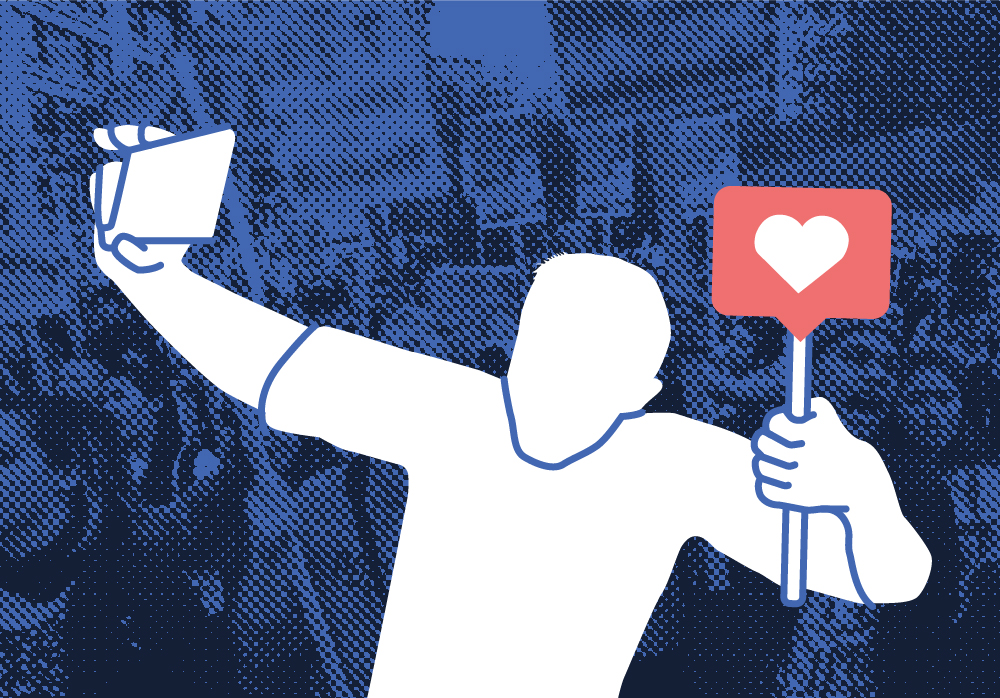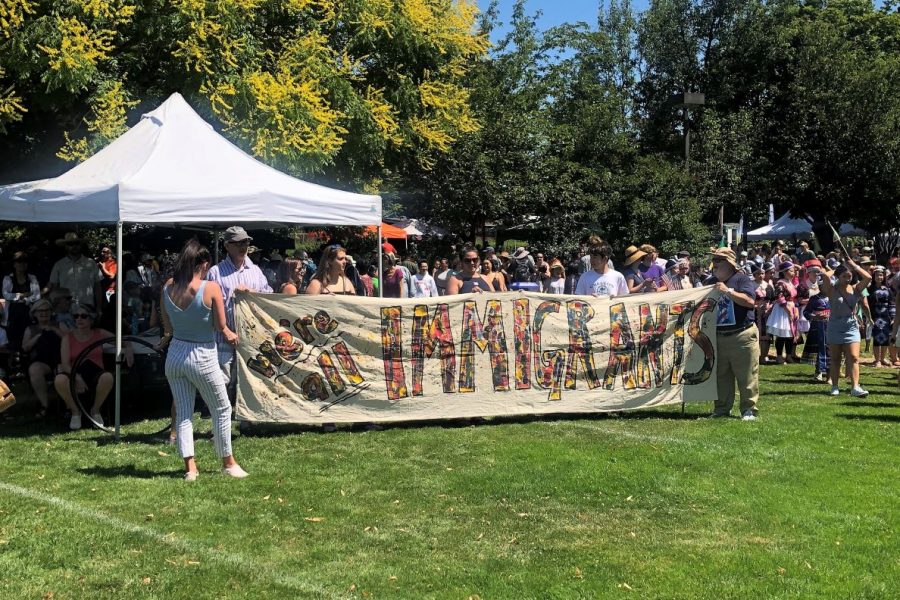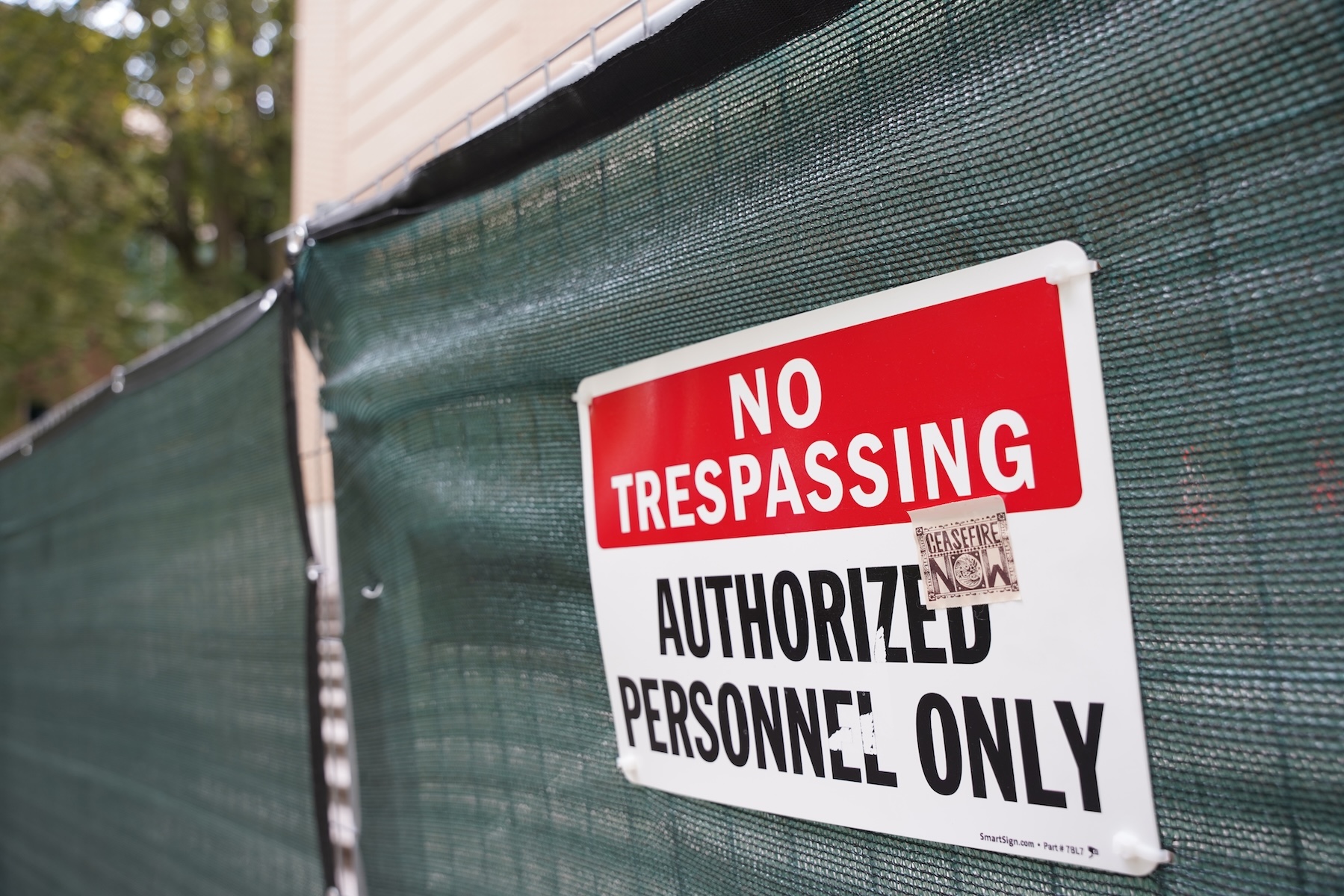Recording yourself giving money to the homeless or going to a protest and taking selfies is not activism—it’s a performance—and it’s toxifying our lives.
Activism consists of efforts to dismantle or uphold social, political, economic or environmental reform with the desire to make changes in society. When participating in a cause dear to your heart or performing a simple act of kindness, the perception of it all is twisted into some sort of souvenir, whether video, picture, pin or t-shirt as a reward.
Leah Finnegan, a writer and editor for The Outline, wrote in her self-titled newsletter, “Easily Instagrammable movements like wearing a little safety pin don’t do much, if anything, to assist those perceived as vulnerable,” she said. “They are acts that serve to comfort those already in positions of power while further othering the people they are purporting to help.”
Seeking personal comfort and comradity from helping others has no place in activism. Documenting the majority of our lives has become so commonplace that it is growing extremely difficult to draw the line on what is appropriate to share. There is a difference in hiding something and choosing not to amplify it for personal gain.
Social media platforms allow activists to organize events with high levels of engagement, focus and network strength. In a book written by Evgeny Morozov, a researcher who has studied the political and social implications of technology, suggests the anonymity offered by online communication provides the possibility of expressing the views of marginalized minority groups that might otherwise be punished or sanctioned.
But other research conducted by The University of Alabama indicated that while this modern form of activism may increase participation in online activities, it might merely create the impression of activism. In addition to this, it creates social stereotypes surrounding prominent voices in social movements, including those about feminists and environmentalists.
The problem with performative activism is not that its actions are inherently wrong; it’s that by loudly proclaiming over and over again that they are doing something exceptional, activists make it impossible to normalize attitudes and behaviors that should be standard, such as compassion, tolerance, goodwill, charity and progressive political action.
Being an activist for social media risks reducing impactful and serious subjects into mere tropes or memes—something the masses will be sick of after a while—as if being moral and caring about building a healthy future for all members of society were just a trend.
Much like celebrity political endorsements, performative activism risks alienating people who might otherwise be naturally drawn toward working for a more tolerant world—and that’s the kind of tragic future that no amount of safety pins or apologies can fix.






